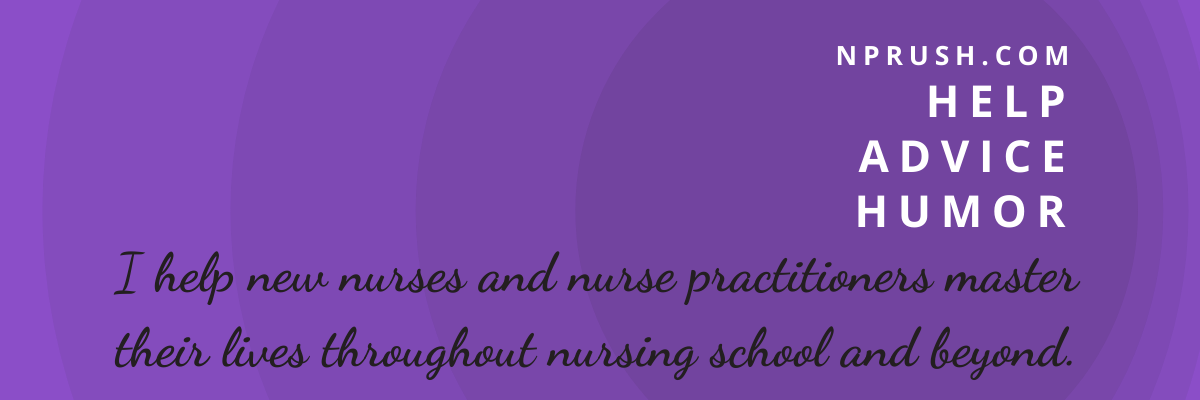Today, after completing a health history and physical exam on a 33-year-old male patient, after discussing the findings with him, and after giving him his paperwork, he replied, “Thanks, Hon,” and walked away.
For the Record
For the record — my name isn’t Hon and today was the first time I’d met this man.
Throughout my life as a healthcare provider, I have been called a chick, doll, and babe. I’ve been infantilized with the terms honey, baby, sweetheart, and sweetie more times than I can count. Not even being a nurse practitioner makes me exempt.
Why is throwing terms of endearment at strangers still happening?
I understand that in some instances — for example, in Northern Michigan where waitresses address every he and she as “Hon” because it’s just as much a part of the ambiance as the Formica tabletops — “Hon” is a way of life, but that’s the exception.
Far too often — in nearly every other single occurrence — the use of these endearing terms is inappropriate and condescending. Most often, the words pop out of mouths as if they are habitual and innocent, like a reflex that can’t be controlled.
When I mentioned the “Hon” incident to my medical assistant, she laughed. “My husband calls everyone hon; it’s a habit. He got it from his dad.”
I Want to Believe the Best About People
Because I truly want to believe the best about people, I’m sure there are oodles of good people on the planet who don’t mean to belittle others or demean women with their hon-addiction.
I hope that most people who habitually fling these terms at strangers aren’t trying to offend or demean them. In fact, I imagine they most likely think of it as conversational, perhaps a less formal approach than “ma’am” or “miss.”
Perhaps they are simply failing miserably at self-awareness, blind to the unfavorable glares and negative energy.
I don’t think this is an intentional gender issue but I do believe it occurs more often for women than for men. And even though I have no scientific study to back it up, I’d go so far as to say it is even more common for older women to have to endure.
The continued use of this unconscious societal bias deems it acceptable in our society for strangers to demean and trivialize women, especially older women, and it needs to come to a screeching halt.
I’ve seen caregivers and nurses in hospitals use these terms when taking care of patients, both male and female. I’ve been on the receiving end when customer service operators were pitching these terms as if they were home runs. I’ve come across it at restaurants, grocery stores, and now at work.

I Want to Shout
It makes me want to shout . . .
I am not your “dear” or your “sweetie”
I’m not your “hon” or your “sweetheart”
And I really don’t care what your intent is, and I don’t care if it’s your oldest habit passed on to you from your grandfather’s grandmother.
Using these terms will not create an instant bond between us nor will they endear anyone to your cause.
The bottom line is this: when you use terms of endearment in place of a person’s name, you’re making that person anonymous.
When you use these terms of endearment
in place of a person’s name,
you’re making that person anonymous.
Help Me Stop the “Hon”
So, come on, whole wide world!
Let’s get on the same page and spread the word . . .
If you want to be friendly and connect with others, try saying hello, please, thank you, and good morning.
Share a smile, offer a nod of recognition, or wave a hand.
Try using the person’s name and urging them to have a great day.
There are so many better options that foster trust and spread positivity.
Join me in this mission to ensure that every patient, client, member, visitor, civilian, co-worker — and nurse practitioner — be respected, regardless of gender preference.
Let’s save hon, and all the other terms of endearment, for our dogs, children, spouses, and grandparents.
Who’s with me?






